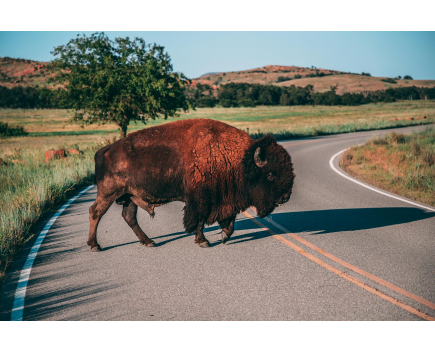
Is Kratom Legal in Oklahoma?
Oklahoma has an interesting history in its regulation of kratom, centered around bills championed by Rep. Daniel Pae of Lawton.
In 2014, the Oklahoma Bureau of Narcotics attempted to ban kratom by proposing a bill that would classify the plant as a controlled substance. The Bureau's stance cited Thailand's ban on kratom, allegedly due to its effects. However, historical records indicate that Thailand's original ban on kratom and cannabis was motivated by their commercial competition with opium sales.
The proposed bill faced significant opposition from kratom supporters, who mobilized and gathered 1,000 signatures to prevent the ban. Their efforts were successful, and kratom was ultimately removed from the list of scheduled substances in the proposed legislation.
For the 2020 legislative session, Representative Daniel Pae, a young Republican representing Oklahoma's 62nd district in Lawton, sponsored House Bill 2846, the Oklahoma Kratom Consumer Protection Act (KCPA).
The bill would have required kratom vendors to label packaging with information including the amount of mitragynine and 7-hydroxymitragynine contained in the product, directions for consumption, precautionary statements about effectiveness, and the address of the vendor. The law would have prohibited the sale of kratom to persons under the age of 18.
The 2020 KCPA bill failed to pass, but Rep. Pae again proposed another KCPA in 2021, similar to the above bill. This passed in May of 2021.
In 2024, Oklahoma saw significant developments in kratom legislation with the passage of HB 3574. This law, again sponsored by Pae, sought to improve upon the earlier KCPA.
Signed into law without the Governor's signature on May 6, 2024, HB 3574 aimed to enhance public health and safety by regulating the preparation, distribution, and sale of kratom products.
Key aspects of HB 3574 include:
- Definitions and Restrictions: The bill provides clear definitions for kratom products, including kratom leaf and kratom leaf extract. It also sets restrictions on the preparation and sale of these products.
- Labeling Requirements: HB 3574 mandates comprehensive labeling for kratom products, including information on ingredients, recommended serving sizes, and disclaimers about the product's intended use.
- Safety Measures: The bill reduces the allowable limit of 7-hydroxymitragynine, a key alkaloid in kratom, to 1% and prohibits the sale of synthesized kratom products.
- Consumer Protection: The legislation aims to protect consumers by ensuring product integrity and promoting responsible industry practices.














Comments
Leave your comment